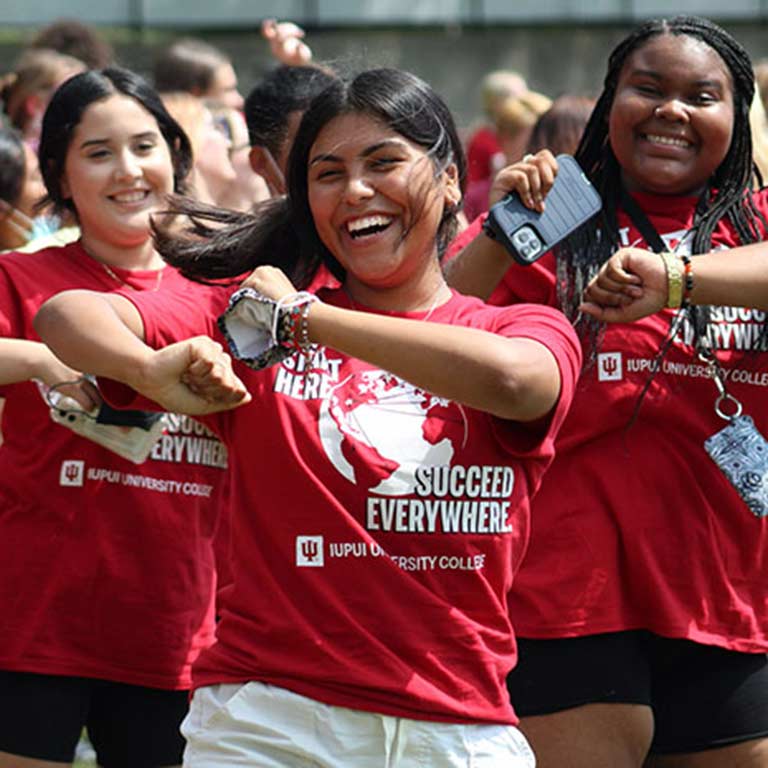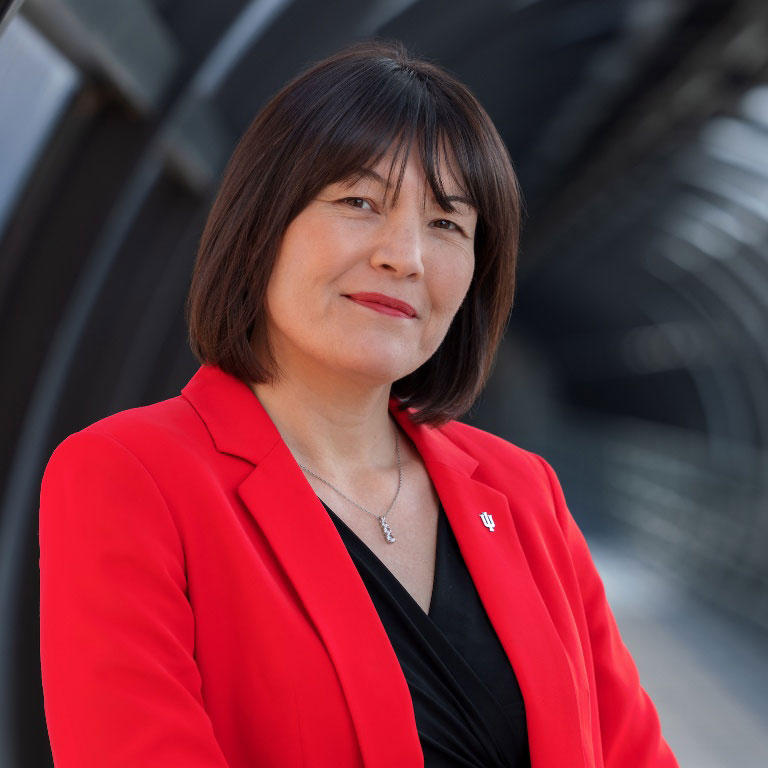Multi-faceted tactics to improve course completion
The plan addresses multiple facets of the student experience, with one being course completion rates. Downey hopes to partner across campus to address elevated drop, fail, and withdrawal (DFW) rates within 100 and 200-level courses.
“The data shows us that there’s no one thing that can fix a high DFW rate,” Downey said. “We have to be thinking about the entire experience of students, the history they bring to us. We bring our whole selves to everything we do.”
Downey expressed that a potential reason for students being increasingly challenged to master critical material in their courses is the personal impact that the COVID-19 pandemic had on students as well as the effect it had on their education.
“Our newest students had their formal education disrupted during the pivotal years of middle school, and that’s really had a profound impact,” Downey said. “So, it’s all the more important that we be thinking about these things, actively changing and improving, responding to what it is that we see, and thinking holistically about the student experience.”
The plan focuses on aspects of the classroom experience where the division can make direct and positive adjustments. Some areas include enhancing career readiness for students in the classroom, providing recitation sessions and peer mentors in foundational courses, and offering professional development opportunities for faculty members.
First-year experience pilot to launch this academic year
One aspect of the plan will be implemented as a pilot experience for about 100 first-year students this coming academic year. Previously, the first-year seminar was only provided during the fall semester. To create a better all-around first-year experience, students within the pilot group will participate in a first-year seminar course that is spread across the fall and spring semesters while still taking the same amount of credit hours.
“As far as the things that we in the Division of Undergraduate Education put in our plan, we try to really hone in on those things that we have direct influence on," Downey said. "We’re staying in the places we can fill in gaps and have direct impact.”
Student success district to provide centrally-located support for students
Co-led by Dean of University Library Kristi Palmer, Downey seeks to form a student success district where where several academic resources can be found in one physical location. The space would include resources such as the Math Assistance Center, the University Writing Center, and the Speaker’s Lab.
“It would be a purpose-built space where academic resource centers are joining forces to help students have better access and a more seamless experience going from getting help with math, to public speaking, to chemistry,” Downey said.
Representatives from a variety of academic support centers have been working the past several months to envision what a student success district may entail and collect input from students.
Collaboration, communication critical to success
While working toward implementing these plans, Downey expressed the importance of collaboration and communication.
“Oftentimes different units on campus will acknowledge it if there are inequities in the student experience," Downey said. "There’s a spirit of curiosity, collaboration, and non-defensiveness. This is a really action-oriented campus, and so it’s with that culture that I feel we can really move things forward.”
Downey hopes that the holistic student success projects being implemented will be an ongoing effort toward providing wraparound support services, while cohesively supporting the 2030 strategic plan.
“This aligns to the IU Indianapolis 2030 strategic plan,” Downey said. “The way that I see it is that we can continue to push on, develop, and add to all aspects of this plan through 2030. And we’re going to need all of that runway to achieve the kinds of course completion rate improvements, retention improvements, etc. that the plan challenges us to achieve.”



